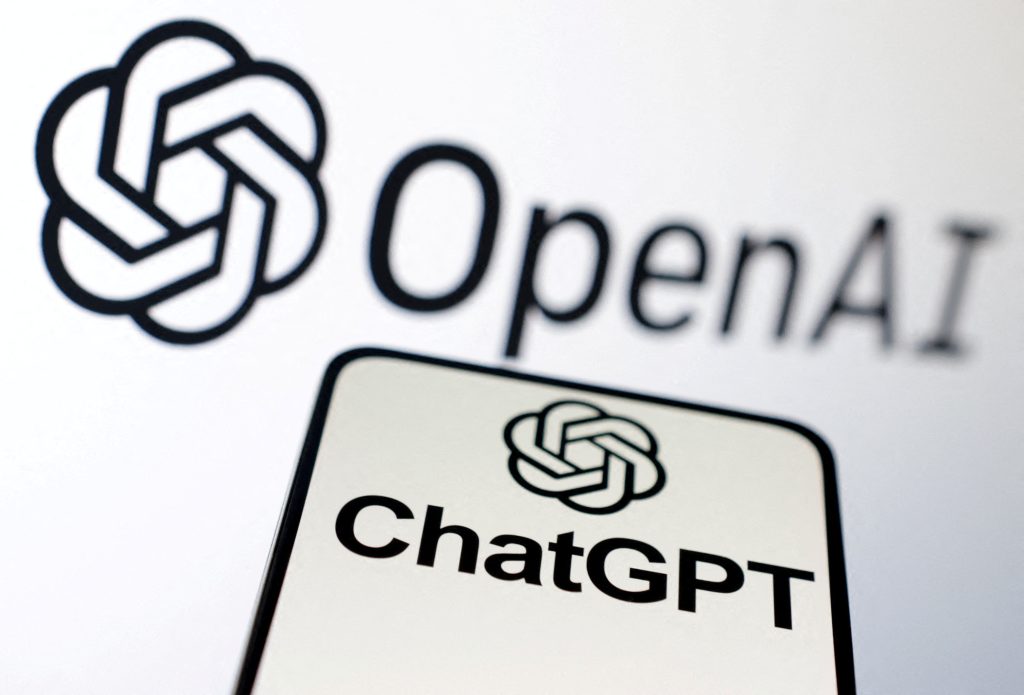To navigate unexpected challenges in developing larger language models, artificial intelligence companies like OpenAI are pioneering innovative training techniques that closely mimic human thought processes.
This groundbreaking approach is exemplified in OpenAI’s recently unveiled O1 model, which is set to significantly reshape the AI landscape.
A Shift Toward Human-Like Thinking
Experts, researchers, and investors believe that these human-like thinking techniques will have profound implications for the industry.
The ongoing AI arms race, driven by the pursuit of more powerful and efficient models, is poised for a transformative shift.
As highlighted in a recent article by theGIST, “training AI in a manner that aligns with the human learning process can afford the models human-like characteristics,” suggesting that emulating human cognitive abilities is crucial for advancing AI technology.
Traditionally, large language models have relied heavily on brute computational power, requiring massive amounts of energy and specialized hardware.
This approach has often resulted in unpredictable development timelines and limited scalability.
According to Keymakr, “AI training involves utilizing various techniques such as supervised learning, unsupervised learning, and semi-supervised learning,” which are essential for enhancing the capabilities of AI models.
Emulating Human Cognition
Recent advancements suggest that AI can be trained to think more like humans.
Researchers are exploring methods that incorporate human decision-making processes into neural networks.
For instance, Yann LeCun, a prominent figure in AI research, proposed using a “world model” to give AI agents a form of common sense—allowing them to predict future states based on current inputs.
This concept aligns with findings from theGIST, which emphasize the importance of instinctive responses and logical thinking in achieving true human-like intelligence.
By integrating models that replicate human cognitive abilities—such as logical reasoning and emotional understanding—AI systems can achieve a level of sophistication previously thought unattainable.
As noted by experts in the field, these developments could lead to machines that not only perform tasks but also understand context and nuance in ways akin to human thought.
Implications for the Future
The implications of these advancements are vast. As AI systems become more adept at mimicking human cognitive processes, they will be better equipped to tackle complex problems across various domains.
This evolution could enhance applications in natural language processing, autonomous decision-making, and even emotional intelligence.
Generally, the AI revolution is entering a pivotal phase where the focus is shifting from sheer computational power to developing intelligent systems that can learn and adapt like humans.
As companies like OpenAI continue to innovate in this space, we can expect transformative changes that redefine our interaction with technology and expand the possibilities of what AI can achieve.
